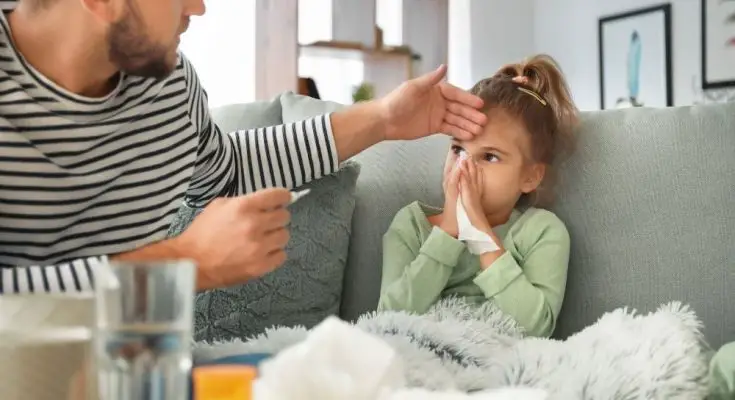At some point in your child’s life, they’ll almost certainly get at least one of the most common childhood diseases. Educate yourself on the topic so that you can be ready for that eventuality.
The Common Cold
It should come as no surprise that the common cold is among the most common illnesses for children. They spread it easily in environments where people are in close quarters, such as schools and theaters. Poor hygiene habits such as thumb-sucking also contribute to the spread. The common cold has no cure, but you can treat its symptoms with over-the-counter medications.
Ear Infection
Children are more likely than adults to get ear infections, according to the American Academy of Pediatrics. A viral or bacterial infection can cause an ear infection. A few of the symptoms include fever, ear pain, and trouble sleeping.
Influenza
Often called the flu, influenza is among the most common childhood diseases. It spreads easily through sneezes and coughs. Its symptoms include sore throat, fever, fatigue, chills, and body aches. You can treat the symptoms through rest, fluids, and medication. You can also reduce the risk of your child catching the disease with flu vaccines. The shots also bring down the severity and duration of symptoms should your child still catch the flu.
Bronchitis
Bronchitis is a disease in which the lung’s airways swell, creating mucus in the lungs. The result is soreness in the chest, coughing, body aches, headaches, and a sore throat. Most of the time, the disease occurs because of an upper respiratory infection.
Hand, Foot, and Mouth Disease
Extremely contagious among children under five years old but not especially serious, hand, foot, and mouth disease (HMFD) comes with a wide variety of symptoms. Children who suffer from the illness can experience fever, mouth sores, rash, and flu-like symptoms.
Strep Throat
When a bacteria called Streptococcus pyogenes gets into the throat and nose, strep throat is sure to follow. Children who experience this very common illness deal with swollen tonsils, a sore throat, and stomach pain. If you think your child might have strep throat, get them to a doctor immediately so that they can be treated with antibiotics.



